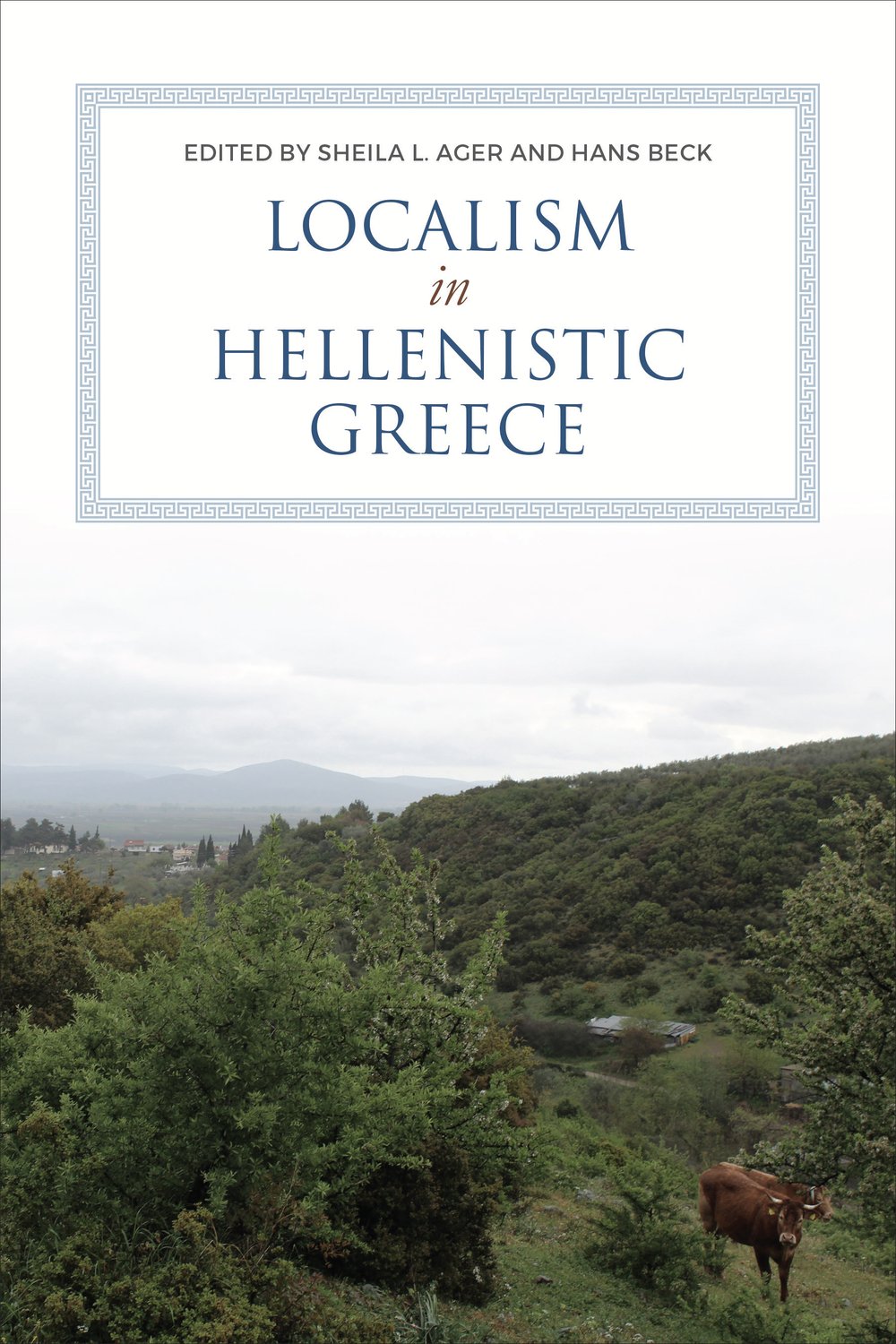Localism in Hellenistic Greece

Localism in Hellenistic Greece explores, in exemplary fashion, how ancient societies positioned themselves in a swiftly expanding world.
The Hellenistic age witnessed a dynamic increase of cultural fusion and entanglement across the Mediterranean and Eurasian worlds. Amid seismic changes in the world writ large, the regions of central Greece and the Peloponnese have often been considered a cultural space left behind. Localism in Hellenistic Greece explores how various processes impacted the countless small-scale, local communities of the Greek mainland.
Drawing on notions of locality, localism, local tradition, and boundedness in place, Sheila L. Ager and Hans Beck delve into some of the main hubs of Hellenistic Greece, from Thessaly to Cape Tainaron. Along with their contributors, they explore how polis and ethnos societies positioned themselves in a swiftly expanding horizon and the meaning-making force of the local. The book reveals how local discourses were energized by local sentiments and, much like an echo chamber, how discourses related back to the community and the place it occupied, prioritizing the local as the critical source of communal orientation. Engaging with debates about cultural connectivity and convergence, Localism in Hellenistic Greece offers new insights into lived experience in ancient Greece.
